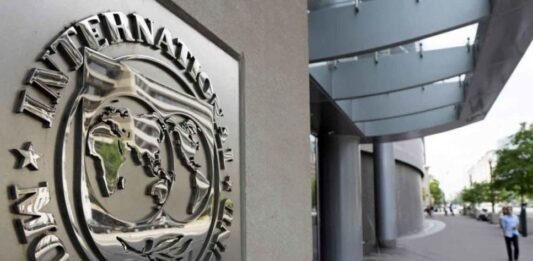The International Monetary Fund (IMF) has backed Kenya’s recent increase in taxation of essential commodities and services like gambling tax on winnings. Including cooking gas, and bank loan fees, arguing additional cash raised has helped cushion against the higher cost of fuel and fertilizer in the wake of the Ukraine war.
In the latest review of Kenya’s economy, the Fund says that “important tax policy measures” have resulted in “strong” tax collections this June. Interestingly the gambling industry in the country is touted as one of the enormous revenue generation industries thanks to mobile money through M-Pesa, which contributed a significant figure to the government coffers in 2021 through tax.
Some of the taxation measures include a 16 per cent levy on cooking gas, a raising of excise duty on airtime and data to 20 per cent from 15 per cent, the introduction of a 20 per cent duty on fees and commissions earned on loans, as well as a 7.5 per cent tax on winnings from gambling.
“Kenya’s fiscal position has been underpinned by strong tax revenue performance this year, buoyed by a robust economic recovery and the important tax policy measures already undertaken as part of multi-year plan to reduce debt-related vulnerabilities,”
– IMF Mission Chief to Kenya Mary Goodman said in a statement following the review between March 31 and April 22.
“These resources bring resilience that will cushion part of the sharp increase in global energy and fertilizer prices on households and businesses while remaining within the authorities’ fiscal targets for FY2021/22.”
The Treasury has allocated an Sh5.7 billion fertilizer subsidy to small-scale farmers for the ongoing primary crop planting season after supplies from Russia were cut off because of sanctions, with a further Sh1.5 billion budgeted for the October-December short-rainfall period.
On the other hand, the Treasury had released Sh49.164 billion by April 14 under the pump prices stabilization scheme, which started in April last year to reduce the price of the essential commodity, whose cost has been exacerbated by Russia’s war on Ukraine.
“Spillovers from the war in Ukraine are expected to have a modest impact on growth in the near term, as Kenya’s direct exposure to Russia and Ukraine is relatively limited,” – Ms. Goodman said.
Central Bank of Kenya governor Patrick Njoroge said the war in Ukraine would not significantly impact Kenya, citing the low value of imports from the warring eastern European countries.
Russia, the CBK chief said, accounted for 1.8 per cent (Sh38.64 billion) of Kenya’s nearly Sh2.15 trillion import bill last year — comprising wheat (Sh17 billion), iron & steel (Sh9.67 billion), fertilizer (Sh6.57 billion) and others (Sh5.41 billion).
He added that Ukraine, on the other hand, made up a measly 0.9 per cent (Sh19.32 billion) of the country’s imports — composed of wheat (Sh14.3 billion) and soybeans (Sh1.93 billion), legumes (Sh966.12 million) and others (Sh1.93 billion).
The IMF has for about a decade now been pushing reforms aimed at taxing goods, with the vulnerable households to be cushioned through social protection programs.


























